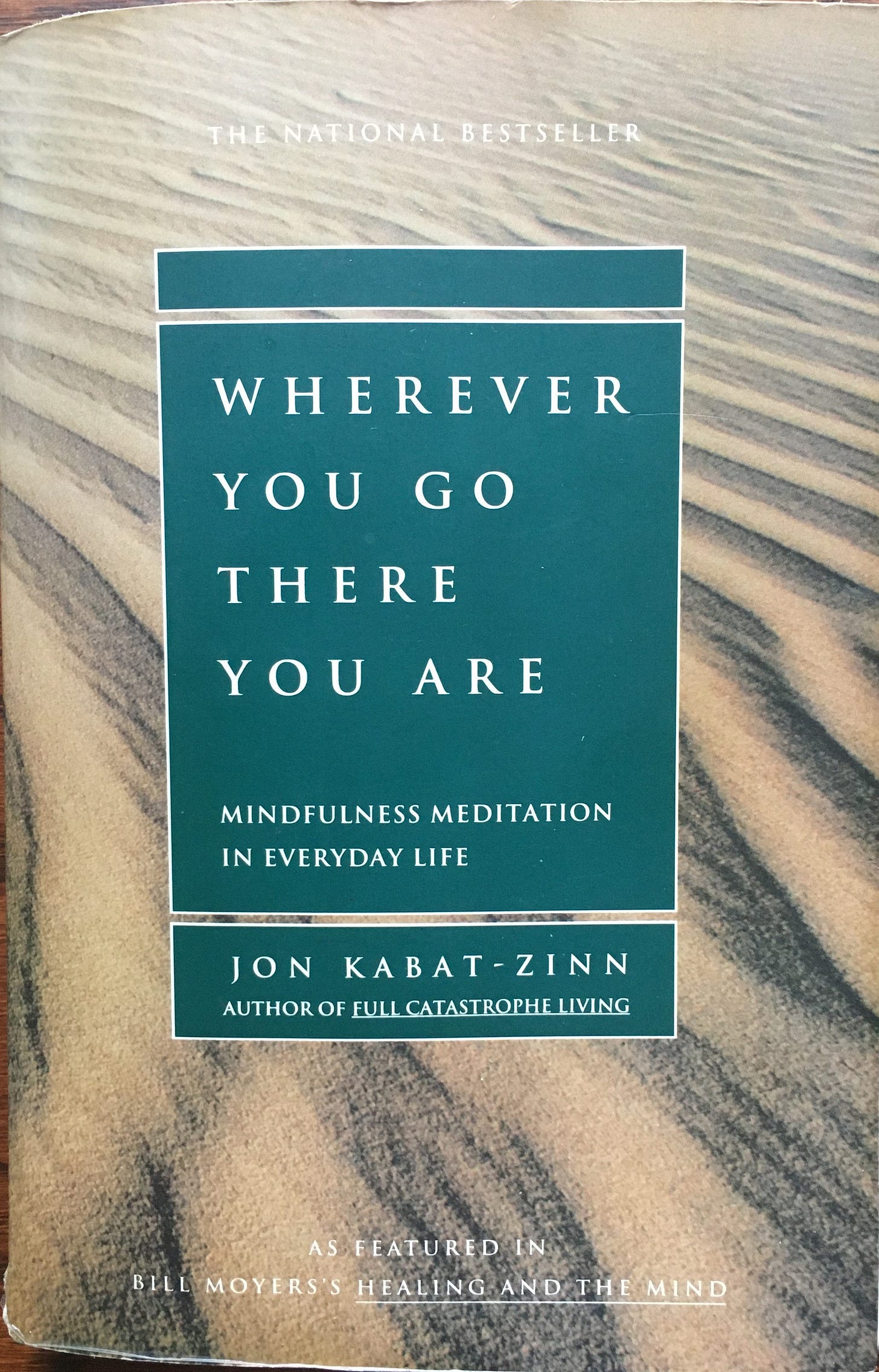In the late summer of 2007, I decided to visit my friend whose chaplaincy internship was wrapping up at Dartmouth-Hitchcock Medical Center. The hospital is located in Lebanon, New Hampshire, set within a magical cluster of New England towns, where the Connecticut River divides New Hampshire from Vermont. I’d made the ninety-mile drive southeast from Burlington with a sense of curiosity and the pull of an impromptu road trip.
This whole Upper Connecticut River Valley, dotted with small villages and towns like Pomfret, Hartford, White River Junction, and Hanover had a unique, almost storybook quality. As I crossed the Connecticut River into Hanover, I saw the Dartmouth College rowing team cutting across the water—a scene right out of some idealized college brochure. It all felt a little timeless and dreamy.
Before meeting my friend at the hospital, I wandered through downtown Hanover, exploring the shops along South Main Street. There was the Dartmouth Coop with its college gear, Dirt Cowboy Café, where students and locals lingered over coffee and baked goods, and Left Bank Books, a charming secondhand bookstore tucked into an old building with creaky floors and shelves that seemed to sag under the weight of stories waiting to be discovered.
Climbing the old wooden stairs into the bookstore, I was already in a sort of meditative mood, open to what I might find. There’s something special to me about the randomness of bookstores—how certain titles seem to jump out at as though holding up a mirror. Near the front, an unassuming and yet prominently placed book caught my attention: Wherever You Go, There You Are by Jon Kabat-Zinn. The title alone stopped me in my tracks, a realization dawning as I took it in.
As I turned the book over, I spotted an endorsement from Rachel Remen, whose insightful book My Grandfather's Blessings I had discovered just a year before. Seeing her name felt like a kind of relay handoff, as if she was now nudging me toward another supportive author she knew I needed. When I cracked the cover and thumbed through the pages, I noticed they had a slightly rough, uneven quality, like the pages of a well-loved book that had been passed down, rather than something brand new. The intentional design of the book felt like an invitation to pause, settle in, and linger a little longer — appropriate enough, as the subtitle of the book is Mindfulness Meditation in Everyday Life.
As I flipped through more of the book, I realized the author, Jon Kabat-Zinn, often quoted Henry David Thoreau, another of my own literary guides. It was as though my past influences — through their own words — were gathering to introduce me to someone else who might help me along my journey.
Opening to the introduction, I read: “When it comes right down to it, wherever you go, there you are… Whatever has happened to you, it has already happened. The important question is, how are you going to handle it? In other words, ‘Now what?’ Like it or not, this moment is all we really have to work with.”
It felt like Kabat-Zinn was firmly and yet gently inviting me to embrace who I was, to meet myself fully in this moment, just as my previous literary heroes had encouraged me in other moments. It was that quiet yet steady invitation to turn toward my life rather than continue trying to wiggle away from it, to accept that wherever I went, there I would be, with all my experiences and all my strengths.
Later that afternoon, I met up with my friend at Dartmouth-Hitchcock. Nestled in 225-acres of forest, it looked less like a traditional medical center and more like a modern shopping mall dropped into a state park. As I drove up the half-mile entrance, flanked by beech, birch, white pine, and balsam firs, I could feel my heart rate slow. I’d never felt this peaceful before entering a hospital’s grounds, where I’d usually brace myself for harsh lighting, claustrophobic corridors, and an antiseptic atmosphere.
Inside, my friend greeted and guided me through the sprawling, open halls of the hospital. Massive windows allowed the woodlands to almost seep indoors, the natural landscape becoming a backdrop for the daily life of patients and staff. It didn’t feel like a place burdened by illness or crisis; instead, it was strangely grounding. My friend introduced me to a few of his colleagues in the chaplaincy program—people who, despite their demanding work, radiated warmth and welcome.
As the evening approached, we joined one of the small gatherings his chaplaincy group was hosting to mark the end of their internship. One of his colleagues asked me where my own vocational “call” had gone—a question that lingered and tugged at something deep within me. I didn’t have an answer in that moment, but the idea that an answer may be rediscovered in a place like this was compelling.
In a quieter moment, I spoke with the supervisor of the chaplaincy program, curious if there might be an opportunity for me to explore this path further. She explained that the upcoming session, beginning in October and running through April, was already full. Although I felt a pang of disappointment, there was also a renewed sense of possibility. As I drove back to Burlington a couple days later, I didn’t have a concrete plan, but I did have a feeling—a trust that, even if my next steps weren’t clear, something meaningful might still be waiting to unfold.
*Thanks for reading and/or listening. Please join me for more next week. To read from the beginning go to Why I'm Writing.
Please give me a like or comment — it means a lot to know you’re out there on this mostly solitary and introspective writing journey that I’m on.


